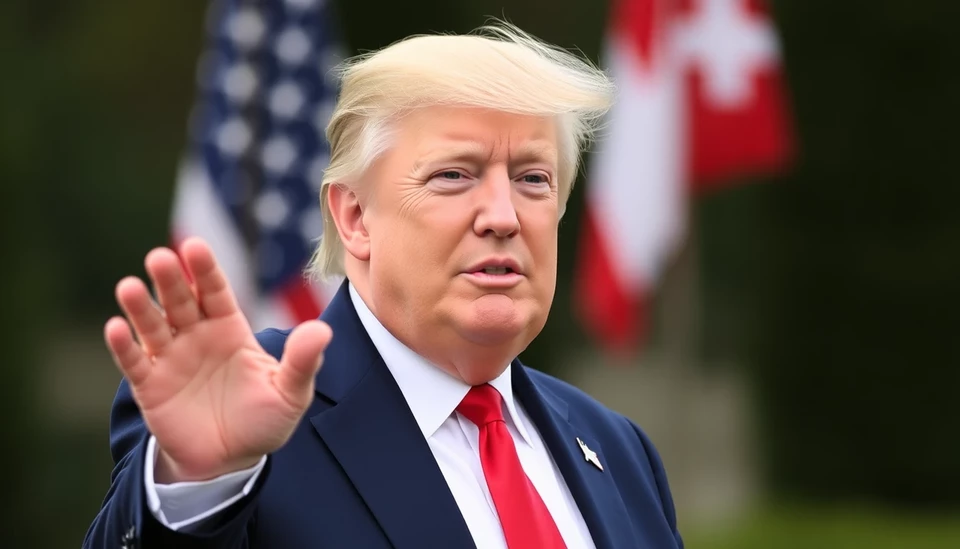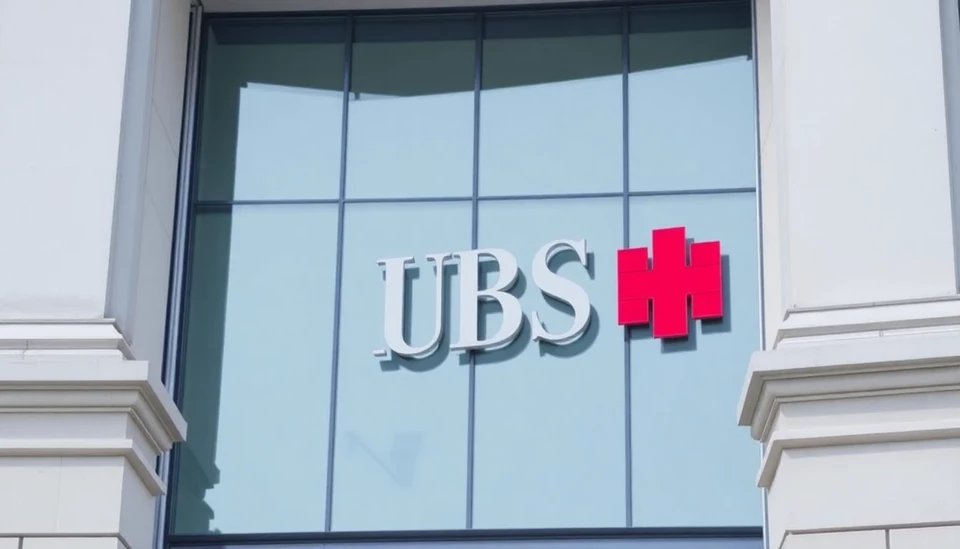
In an unfolding drama that could have significant implications for Switzerland's banking landscape, the nation's financial regulator, FINMA, has officially taken a stand against UBS Group AG, the country's largest bank, alongside a cadre of influential banking leaders. This confrontation marks a pivotal moment for both the regulator and the banking sector as they grapple with the future of financial governance in a rapidly changing economic environment.
At the heart of this confrontation lies a series of regulatory changes that FINMA is proposing, designed to enhance transparency and accountability within the banking system. These changes come in the wake of growing public concern over ethical practices and financial crises that have marred the sector in recent years. As Switzerland positions itself as a bastion of financial integrity, the regulator is determined to ensure that the country's banks align with stricter compliance standards.
The tensions escalated when FINMA issued a directive that some believe encroaches on the operational autonomy of financial institutions like UBS. The regulator's proposed measures seek to impose stricter rules on risk management and capital requirements, which UBS and other banks argue could stifle growth and innovation. Critics of the initiative fear that overregulation could hinder the competitive edge that Swiss banks currently maintain on a global scale.
In response, UBS has rallied its resources and high-powered lobbyists to counteract the regulator's proposals. The bank is making its case in both public forums and private meetings, emphasizing the need for a balanced approach that prioritizes both stability and profitability. The banking elite is reportedly uniting to combat what they view as an existential threat to their operations. Behind the scenes, an intense lobbying effort is underway to sway public opinion and persuade policymakers to amend the proposed regulations.
This situation is further complicated by the broader economic context, as global markets continue to be volatile and economic recovery remains uneven post-pandemic. The uncertainty has led to a lack of confidence in financial institutions, prompting regulators worldwide to reexamine their policies. In this context, FINMA's actions can be seen as part of a wider movement to restore faith in banking systems and mitigate potential financial shocks.
As the debate rages on, it remains to be seen how this standoff will unfold. Both parties, FINMA and UBS, will need to navigate these treacherous waters carefully. The potential outcomes could set precedents for how financial regulation is conducted in Switzerland and potentially alter the landscape of global banking.
In conclusion, the confrontation between Switzerland's financial regulator and UBS signifies a critical turning point in the country's banking history. With the pressure mounting on both sides, the resolution of this conflict will likely have lasting implications for the regulatory framework and the reputation of Swiss banking on the world stage.
#Switzerland #FINMA #UBS #BankingRegulations #FinancialStability #GlobalBanking
Author: John Harris




